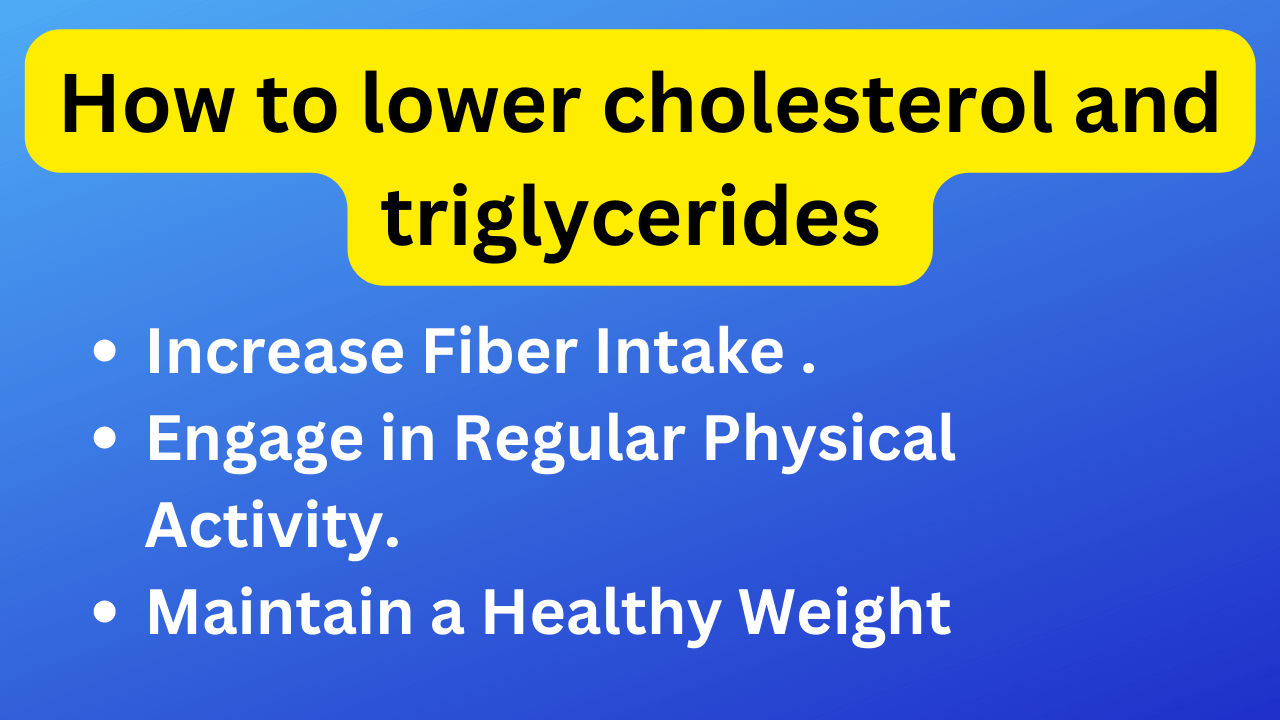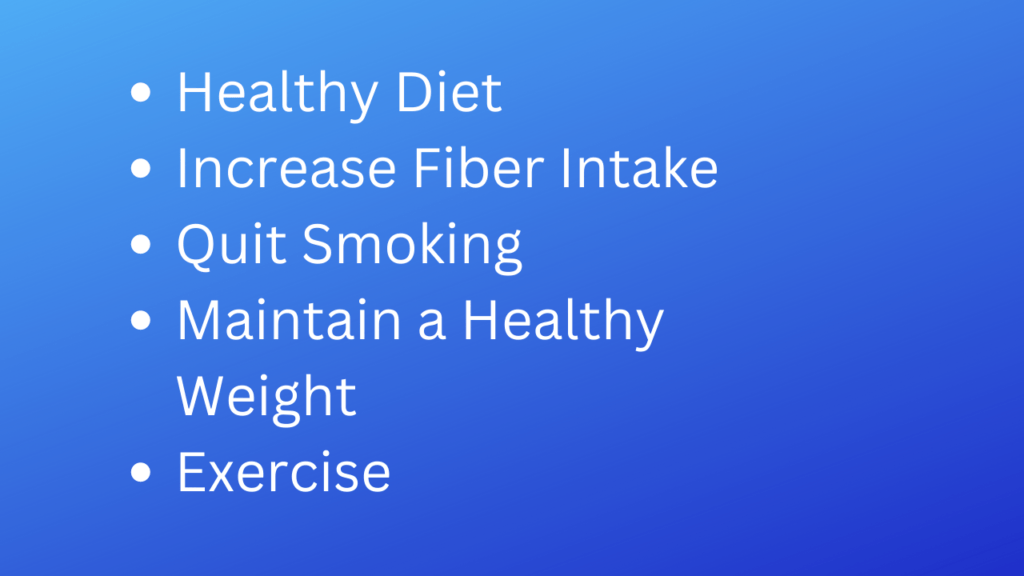Here’s the answer of “how long does it take to lower cholesterol “.
Lowering cholesterol levels can take time and varies depending on various factors, including the individual’s overall health, lifestyle choices, and the specific methods used for cholesterol management.
It is important to note that cholesterol management is a long-term commitment and should be approached as a continuous process rather than a quick fix. Here are some factors that can influence the timeline for lowering cholesterol:
- Lifestyle changes : Adopting a heart-healthy lifestyle is a fundamental aspect of managing cholesterol levels. This includes making dietary modifications, engaging in regular physical activity
- Diet modifications : Consuming a diet low in saturated fats, trans fats, and dietary cholesterol while emphasizing fruits, vegetables, whole grains, and lean proteins can help lower cholesterol
- Medications
- Individual factors
- Healthy Diet.
- Increase Fiber Intake.
- Regular Physical Activity
- Maintain a Healthy Weight
- Avoid Alcohol Consumption
- Quit Smoking
- Reduce Stress
Focus on consuming a diet rich in fruits, vegetables, whole grains, lean proteins (such as fish and poultry), and healthy fats (such as nuts, seeds, and olive oil).
Foods high in soluble fiber, such as oats, beans, lentils, fruits, and vegetables, can help reduce LDL cholesterol levels. How much calorie you need calculate here.
Regular exercise can help increase HDL cholesterol levels and lower triglycerides such as brisk walking, cycling, or swimming.
How many types of cholesterol are in our body?
There are five types of cholesterol.
- Low-Density Lipoprotein (LDL) Cholesterol. LDL cholesterol is often referred to as “bad” cholesterol because elevated levels can lead to the buildup of plaque in the arteries.
- High-Density Lipoprotein (HDL) Cholesterol. It is referred to as “good” cholesterol because it helps remove excess cholesterol from the bloodstream and carries it back to the liver.
- Very Low-Density Lipoprotein (VLDL) Cholesterol. It is another type of “bad” cholesterol. It carries triglyceride from the liver to various tissues in the body.
- Total Cholesterol
- Triglycerides
how long does it take for cholesterol to build up
Cholesterol buildup in arteries is a complex process influenced by various factors, and it occurs gradually over an extended period of time.
Cholesterol is a waxy, fat-like substance found in the cells of your body and in the foods you consume. It is transported through your bloodstream by lipoproteins, primarily low-density lipoprotein (LDL) and high-density lipoprotein (HDL). LDL cholesterol, often referred to as “bad” cholesterol, can accumulate in the walls of your arteries if present in excess.
This accumulation can initiate atherosclerosis, the buildup of fatty deposits and inflammation in the arterial walls.
Several factors contribute to the rate at which cholesterol builds up in your arteries:
- Diet: A diet high in saturated and trans fats, as well as excessive consumption of cholesterol-rich foods, can accelerate cholesterol buildup.
- Genetics: Family history and genetics can influence your predisposition to cholesterol-related issues. Some individuals may be genetically predisposed to higher LDL cholesterol levels.
- Lifestyle: Sedentary habits, smoking, and excessive alcohol consumption can negatively impact your cholesterol levels and arterial health.
- Age: Cholesterol buildup tends to increase with age, as the arteries naturally become less flexible and more susceptible to plaque formation.
- Other health conditions: Conditions like diabetes and hypertension can exacerbate cholesterol buildup in arteries.
The process of cholesterol buildup itself involves the formation of atherosclerotic plaques. These plaques are made up of cholesterol, calcium, and other substances.
Over time, they can narrow and harden the arteries, reducing blood flow. The exact rate at which these plaques form varies from person to person and can depend on the combination of factors mentioned above.
Preventing excessive cholesterol buildup is crucial for heart health. Lifestyle changes, such as adopting a heart-healthy diet, regular physical activity, and avoiding smoking, can help slow down or even reverse the buildup of cholesterol in your arteries.

